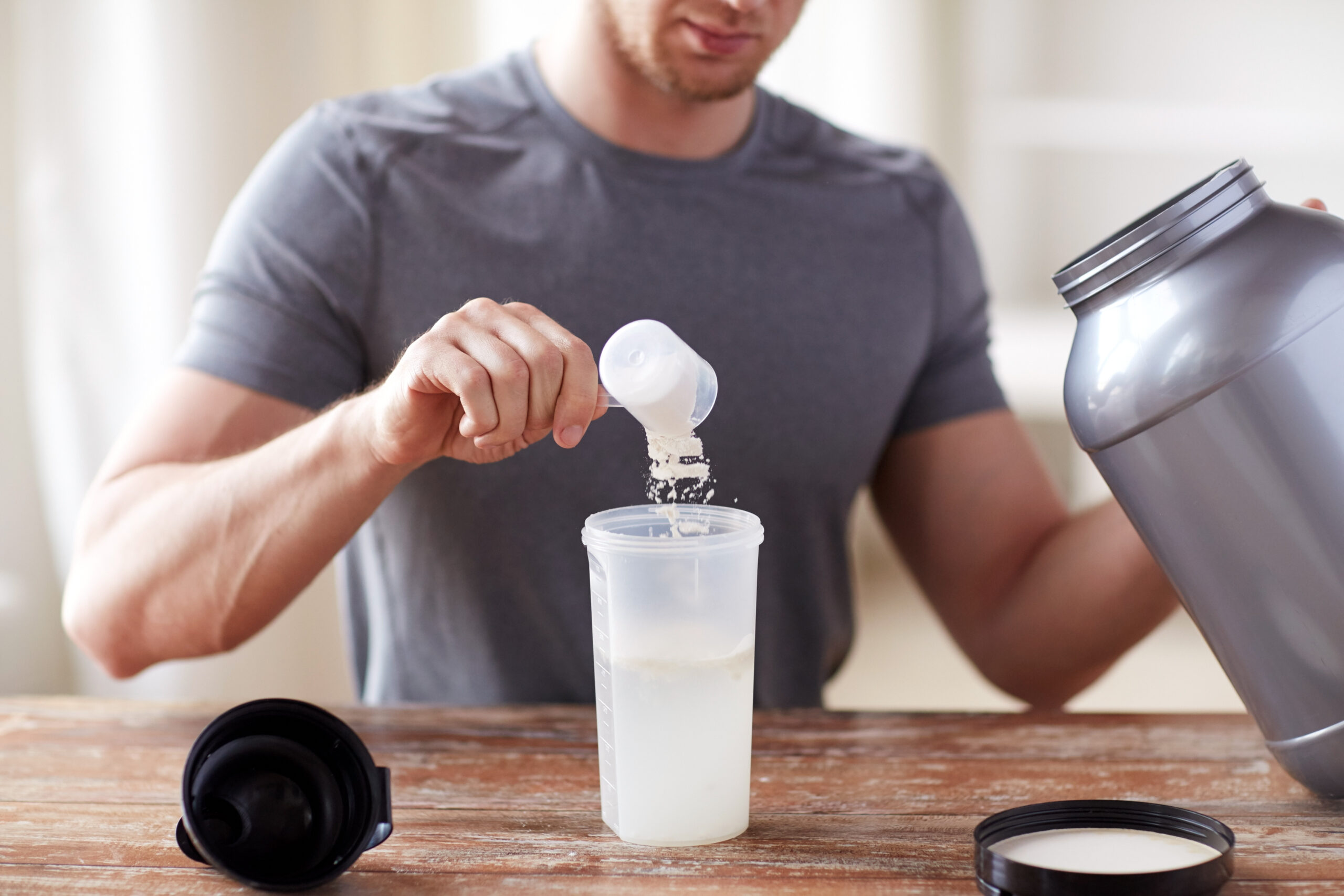Exceeding the daily recommended allowance of protein is widely accepted by the fitness community as a way to gain extra muscle growth. The benefits of higher daily protein intake include preserving muscle and maintaining a lean physique, and for this reason, many people include protein powder in their daily diets. Protein powder is dissolvable powder added to a drink and can be purchased at almost any grocery store; however, it is easy to be overwhelmed by the vast amount of protein powder commercially available: there’s whey protein, casein protein, protein powders for vegans, and, even, hemp protein! This leaves the question of which protein powder is the most beneficial and not just a flashy way for companies to sell more product.
Proteins inherently make up hormones, enzymes, and hemoglobin as well as participate in the structure of our muscles and other bodily tissues. Protein is made up of smaller building blocks called amino acids. Amino acids combine in a variety of different ways to form different proteins that are essential in every human body. While there are twenty different types of amino acids, twelve of them are considered “nonessential,” meaning the body produces them regularly and does not need them to be included in diets. That leaves eight amino acids that are necessary for daily intake. Their absence leads to the inability to grow, repair, and maintain tissues/muscles. This seems to be the rationale for having extra protein supplementation coupled with high intensity training such as endurance exercise or weight lifting. Research by Fern et al. suggests that this idea is the correct line of thought: protein supplementation can increase lean tissue mass. Interestingly, each type of protein powder is broken down by the body differently, so not all powder is created equal.
The human body burns off whey protein powder faster than casein.
Image Source: jorgegonzalez
Boirie and colleagues expressed these differences in their study on casein and whey protein powders. By using 30 gram feedings of both proteins, the team found that whey protein stimulated extra protein synthesis by 68%, more than double compared to casein. Upon further investigation, they found that while whey protein stimulated rapid protein synthesis, the body burned off the protein quicker as opposed to casein, which stayed in the body longer and was later used for muscle growth. Additionally, another study by Demling and DeSanti’s on overweight police officers found that officers who consumed protein supplementation with casein, as opposed to whey, experienced greater strength and lean tissue accruement.
There are various types of protein powder that suit many people’s needs such as plant-based protein powders; however, when deciding between whey and casein, know that casein is the right whey to go!
Featured Image: © Syda Productions / Adobe Stock










